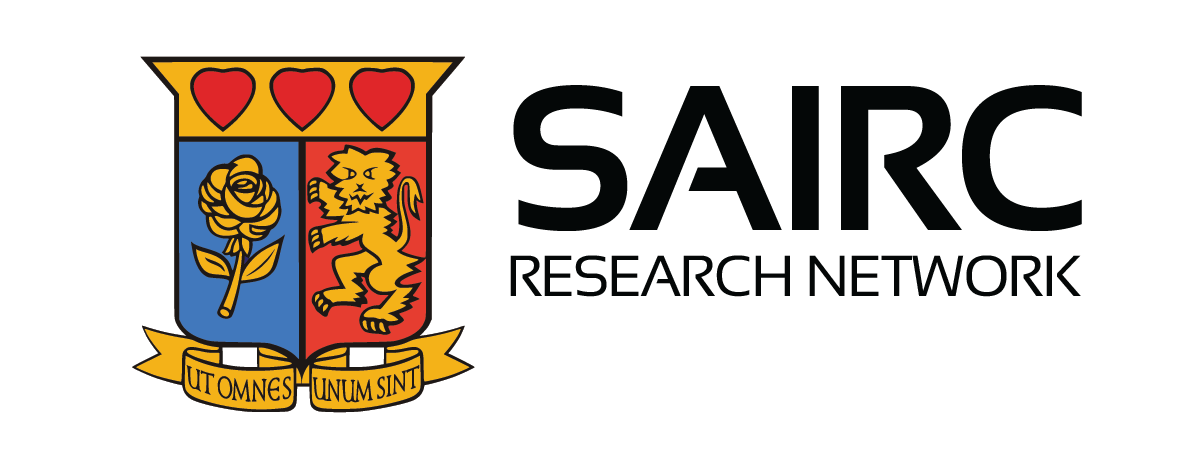Get in touch: [email protected]
SAIRC Launches 2024-2028 Strategic Plan
Just like any other year, 2024 proved to be a year of meaningful change, with Strathmore University leading the charge in the pursuit of a sustainable future. The Strathmore Academy for International Research and Collaboration (SAIRC) held its highly anticipated summit under the theme Collaborative Evidence Generation for Impactful Livelihood Actions. This summit brought together researchers, practitioners, and policy-makers, all united in the pursuit of solutions that elevate livelihoods and drive sustainable development across Africa.
Key Objectives?
The summit set out to achieve three main goals.
Coalescing Livelihood Actors: The event aimed to bring together key actors in livelihood initiatives and share best practices in evidence generation for action and development-oriented research.
Creating Disciplinary Consortia: By constituting multidisciplinary consortia, the summit sought to foster collaboration among diverse institutions and individuals, collectively working to co-create evidence-driven livelihood actions.
Launching SAIRC’s Strategic Plan: The event also marked the launch of the SAIRC Strategy, designed to lay the foundation for long-term, multidisciplinary collaborations in evidence generation.
Professor John Odhiambo, President of SAIRC, opened the summit by emphasizing the academy’s role as a home for researchers. He noted, “Our mission is to provide African scientists, researchers, and institutions with a platform for collaborative networks across the continent. By fostering these connections, we aim to make a meaningful impact that enhances livelihoods and drives progress in Africa.”
In a thought-provoking address, Professor Margaret Kobia, Chairperson of SAIRC, posed critical questions for researchers to consider: How can research advisory sharpen the cutting edge of creative research fields? How can we enhance collaboration between researchers and policymakers? Her questions underscored the central theme of the summit—fostering collaboration to create tangible, impactful outcomes.

SAIRC Research Summit
The keynote speaker, Professor Boniface Dulani, commended Strathmore University for providing researchers with a platform to address key issues affecting African livelihoods. He shared insights on the role of Collaborative Evidence Generation in fostering impactful livelihood interventions. Drawing from his work with Afrobarometer, a Pan-African survey network that conducts public attitude surveys on democracy, governance, the economy, and society, Professor Dulani emphasized the importance of researchers working together to generate relevant, high-quality data that can inform policies and interventions.
Professor Dulani highlighted the benefits of collaboration in evidence generation as:
Relevance to Local Needs: Data generated collaboratively is more likely to reflect the needs of local communities, making interventions more effective.
Enhanced Credibility and Trust: Collaborative efforts improve the credibility of data and foster trust among stakeholders.
Informed Decision Making: A broader pool of expertise from different sectors leads to better-informed decisions.
Improved Accountability and Transparency: Collaboration increases transparency and accountability, ensuring that interventions are carried out effectively and ethically.
Professor Dulani also underscored the significance of public attitude data in shaping impactful livelihood interventions. He explained that such data is crucial for advocacy, policy formulation, and targeting interventions. Moreover, it serves as a tool to measure the success and impact of those interventions.
The summit featured several panel discussions where livelihood actors; both researchers and practitioners shared their experiences and best practices in evidence generation and utilization.
Dr. Samuel Mburu, Research and Learning Manager at Save the Children International, spoke about the importance of development partners in advancing policy advocacy. He emphasized the role of qualitative documentation in understanding and addressing behavior change in communities.
One of the panel discussions highlighted the importance of monitoring, evaluation, and learning (M&E) in scaling effective projects. Mr. Brian Kavuwa, M&E Coordinator at CARE International Kenya, discussed how M&E tools ensure project success, while Ms. Joyce Chepkorir, MEAL Specialist at 4G Capital, emphasized the value of continuous data collection and stakeholder partnerships. Moderated by Ms. Rita Ruigi of Strathmore University Foundation, the panel explored the crucial link between research and policy-making for sustainable impact.
Another panel delved into the role of artificial intelligence and digital platforms in advancing livelihoods, with Ms. Beth Kinyanjui of KIVA Micro Fund discussing digital lending’s potential to increase financial access, and Dr. Betsy Muriithi of iLabAfrica stressing the need for improved data interpretation to drive informed, sustainable development decisions.
A critical discussion was held on safeguarding African youth livelihoods through enterprise development and job creation. Panelists, including Ms. Phyllis Mureu, Executive Director at Windle International, and Ms. Nekesa Wamalwa, Manager at Africa Youth Panel, Trust Africa, emphasized the importance of empowering youth to build sustainable careers through training, entrepreneurship, and job creation initiatives. Calling for stronger partnerships between governments, academic institutions, and the private sector to ensure that African youth are equipped with the skills and opportunities they need to thrive in the future of work.

The Launch of the SAIRC 2024-2028 Strategic Plan
The summit also featured a series of roundtables that addressed specific areas of interest, such as:
Dr. Gilda Odera, President of the Federation of Kenya Employers and Dr. Charles Muga, Standard Media Group underscored the importance of bridging the gap between research findings and the information that reaches the public. She called for better communication strategies to ensure that research is disseminated effectively. As the summit concluded, the Strathmore Academy for International Research and Collaboration officially launched its 2024-2028 Strategic Plan. This plan outlines the direction for the next five years, focusing on growth, collaboration, and meaningful impact. The strategic plan aims to strengthen SAIRC’s position as a leader in advancing research that drives social and economic progress across the continent.
The success of the #SAIRCResearchSummit 2024 marks a significant milestone in Strathmore University’s ongoing commitment to fostering collaborative research for impactful livelihood actions. The summit not only provided a platform for sharing knowledge and experiences but also set the stage for the long-term development of multidisciplinary collaborations that will contribute to the sustainable development of Africa.
As SAIRC moves forward with its strategic vision for 2024-2028, the academy looks forward to building on the momentum created at the summit and continuing to make a meaningful impact in the lives of African communities.

